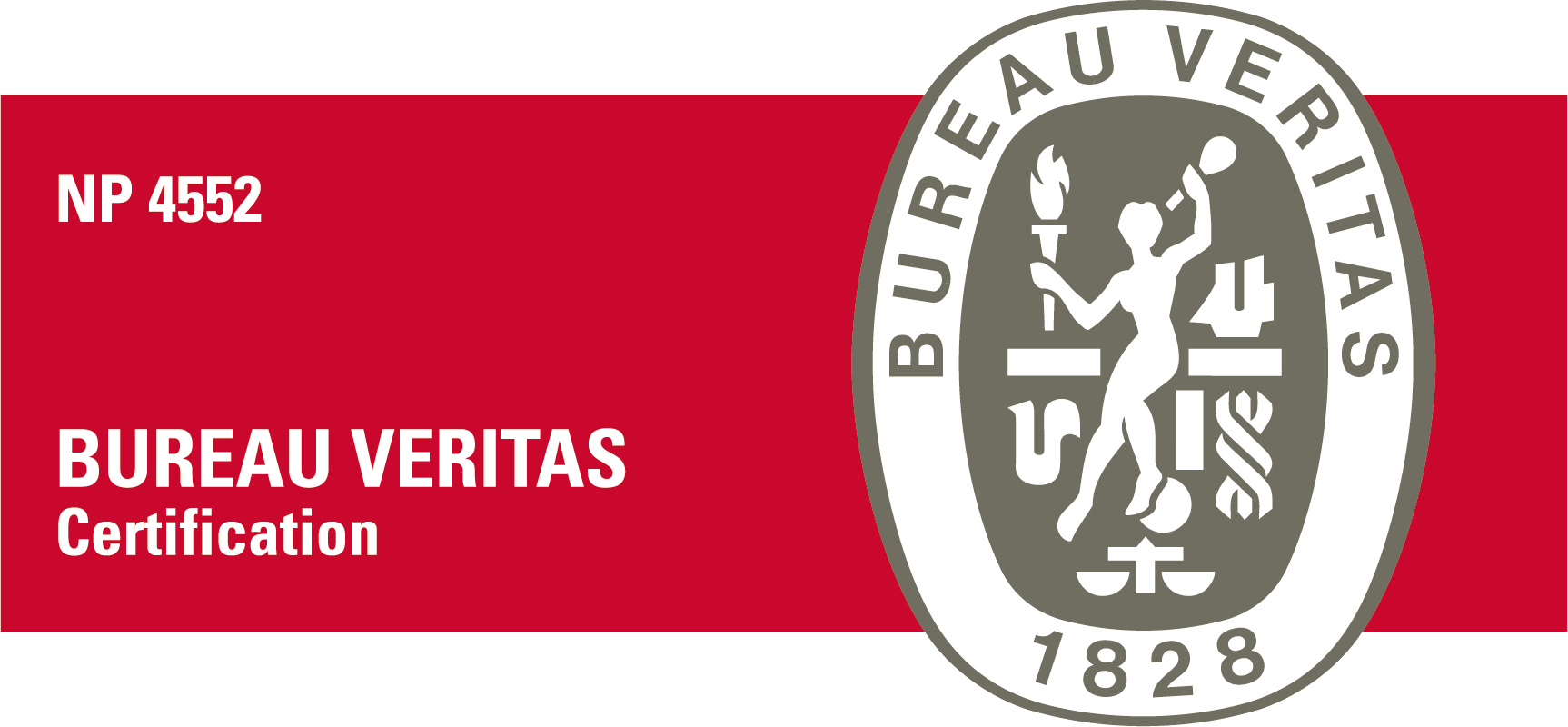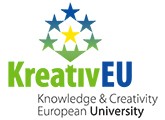


Provide a solid scientific, technological and social learning, supported by a programme and courses that includes contact with real situations and laboratories experiences. This cycle of studies is based on the development of a diverse set of skills and competencies that permits excellent career opportunities and pursue postgraduate studies.
ECTS: 180
The Electrotechnical and Computer Engineeringdegree (LEEC) was designed so as to provide the students with sound scientific and technological foundations in order to meet the present and future requirements of the labour market. Graduates of this degree are offered a wide range of career opportunities which translates into high employment rates.
Comprising two major areas (Industrial Automation and Energy), the degree aims at delivering first-cycle level professionals prepared to perform duties with scientific accuracy and technological timeliness in the various electricity and electronics related domains. Graduates of this degree acquire varied and versatile skills to conceive, design, plan and implement systems in areas such as control, automation, robotics, energy, machinery, electrical vehicles, electrical installations, domotics, electronics, telecommunications and production and use of electrical power.
Throughout each academic year, extra-class activities are performed, namely seminars, conferences and field trips that greatly contribute to the scientific training of students and their contact with the industrial reality.
The programme guidelines place special emphasis on R&D of applied projects in partnership with companies, business associations (Nersant), business associations (Acitofeba), industrial innovation laboratory (Line.ipt) and research institutions (TI - Telecommunications Institute, and ISR - Institute for Systems and Robotics) as a strategic motor of economical development, innovation and growth of productive capacity.
Publication in the Diário da República: 2008/09 Bolonha Pós-Laboral
| Cód. | UC | Ramo | Area | ECTS | Lecturer | |
|---|---|---|---|---|---|---|
| Obg. | Opt. | |||||
| 1º Semestre | ||||||
| 91123 | Algebra | Tronco Comum | Matemática | 6 | ||
| 91122 | Digital Systems | Tronco Comum | Sistemas Digitais e Computadores | 6 | ||
| 91121 | Mathematical Analysis I | Tronco Comum | Matemática | 6 | ||
| 91125 | Physics | Tronco Comum | Fisica | 6 | ||
| 91124 | Programming and Algorithmics | Tronco Comum | Sistemas Digitais e Computadores | 6 | ||
| 2º Semestre | ||||||
| 91129 | Circuit Analysis | Tronco Comum | Electrónica | 6 | ||
| 911210 | Computer Architecture and Operating Systems | Tronco Comum | Sistemas Digitais e Computadores | 6 | ||
| 91127 | Electromagnetism | Tronco Comum | Fisica | 6 | ||
| 91126 | Mathematical Analysis II | Tronco Comum | Matemática | 6 | ||
| 91128 | Programação Orientada a Objectos | Tronco Comum | Sistemas Digitais e Computadores | 6 | ||
| Cód. | UC | Ramo | Area | ECTS | Lecturer | |
|---|---|---|---|---|---|---|
| Obr. | Opt. | |||||
| 1º Semestre | ||||||
| 911211 | Bases de Dados | Tronco Comum | Sistemas Digitais e Computadores | 6 | ||
| 911214 | Electrical Installations | Tronco Comum | Energia | 6 | ||
| 911213 | Electronics I | Tronco Comum | Electrónica | 6 | ||
| 911212 | Mathematics Applied to Electrotechnics | Tronco Comum | Matemática | 6 | ||
| 911215 | Project Planning and Management | Tronco Comum | Ciências Empresariais | 6 | ||
| 2º Semestre | ||||||
| 911219 | Materials and Power Conversion (Major in Energy) | Energia | Energia | 6 | ||
| 911216 | Electronics II | Automação Industrial | Electrónica | 6 | ||
| 911232 | Fundamentals of Power Systems (Major in Industrial Automation) | Automação Industrial | Energia | 6 | ||
| 911231 | Fundamentals of Telecommunications (Major in Industrial Automation) | Automação Industrial | Telecomunicações | 6 | ||
| 911218 | Instrumentation Electronics | Automação Industrial | Electrónica | 6 | ||
| 911220 | Legislation and Design of Electrical Installations (Major in Energy) | Energia | Energia | 6 | ||
| 911217 | Systems | Energia | Sistemas, Controlo e Automação | 6 | ||
| Cód. | UC | Ramo | Area | ECTS | Lecturer | |
|---|---|---|---|---|---|---|
| Obr. | Opt. | |||||
| Anual | ||||||
| 911230 | Final Project | Automação Industrial | Projecto | 12 | ||
| 1º Semestre | ||||||
| 911221 | Control | Energia | Sistemas, Controlo e Automação | 6 | ||
| 911233 | Data Network (Major in Industrial Automation) | Automação Industrial | Telecomunicações | 6 | ||
| 911224 | Electrical Machines (Major in Energy) | Energia | Energia | 6 | ||
| 911234 | Electromechanical Drives (Major in Industrial Automation) | Automação Industrial | Energia | 6 | ||
| 911222 | Industrial Automation | Automação Industrial | Sistemas, Controlo e Automação | 6 | ||
| 911223 | Power Electronics (Major in Energy) | Energia | Electrónica | 6 | ||
| 2º Semestre | ||||||
| 911229 | Control of Electromechanical Drives (Major in Energy | Energia | Energia | 6 | ||
| 911236 | Embedded Systems (Major in Industrial Automation) | Automação Industrial | Sistemas, Controlo e Automação | 6 | ||
| 911227 | Energy Quality and Management (Major in Energy) | Energia | Energia | 6 | ||
| 911235 | Industrial Networks (Major in Industrial Automation) | Automação Industrial | Sistemas, Controlo e Automação | 6 | ||
| 911237 | Industrial Robotics (Major in Industrial Automation) | Automação Industrial | Sistemas, Controlo e Automação | 6 | ||
| 911226 | Maintenance | Energia | Energia | 6 | ||
| 911228 | Supply and Microgeneration of Energy (Major in Energy) | Energia | Energia | 6 | ||
Publication in the Diário da República: NI n.º1395|ESTT|2011
| Cód. | UC | Ramo | Area | ECTS | Lecturer | |
|---|---|---|---|---|---|---|
| Obg. | Opt. | |||||
| 1º Semestre | ||||||
| 91123 | Algebra | Tronco Comum | Matemática | 6 | ||
| 911238 | Database Applications | Tronco Comum | Sistemas Digitais e Computadores | 3 | ||
| 91122 | Digital Systems | Tronco Comum | Sistemas Digitais e Computadores | 6 | ||
| 911239 | Electronic Engineering Laboratories | Tronco Comum | Sistemas, Controlo e Automação | 3 | ||
| 91121 | Mathematical Analysis I | Tronco Comum | Matemática | 6 | ||
| 91124 | Programming and Algorithmics | Tronco Comum | Sistemas Digitais e Computadores | 6 | ||
| 2º Semestre | ||||||
| 91129 | Circuit Analysis | Tronco Comum | Electrónica | 5 | ||
| 911241 | Computer-Aided Design and Manufacturing | Tronco Comum | Sistemas Digitais e Computadores | 3 | ||
| 91126 | Mathematical Analysis II | Tronco Comum | Matemática | 6 | ||
| 91125 | Physics | Tronco Comum | Fisica | 6 | ||
| 911240 | Programming Techniques | Tronco Comum | Sistemas Digitais e Computadores | 5 | ||
| 911215 | Project Planning and Management | Tronco Comum | Ciências Empresariais | 5 | ||
| Cód. | UC | Ramo | Area | ECTS | Lecturer | |
|---|---|---|---|---|---|---|
| Obr. | Opt. | |||||
| 1º Semestre | ||||||
| 911210 | Computer Architecture and Operating Systems | Energia | Sistemas Digitais e Computadores | 6 | ||
| 911214 | Electrical Installations | Energia | Energia | 6 | ||
| 91127 | Electromagnetism | Energia | Fisica | 6 | ||
| 911213 | Electronics I | Energia | Electrónica | 6 | ||
| 911212 | Mathematics Applied to Electrotechnics | Energia | Matemática | 6 | ||
| 2º Semestre | ||||||
| 911219 | Materials and Power Conversion (Major in Energy) | Energia | Energia | 6 | ||
| 911216 | Electronics II | Energia | Electrónica | 6 | ||
| 911232 | Fundamentals of Power Systems (Major in Industrial Automation) | Automação Industrial | Energia | 6 | ||
| 911231 | Fundamentals of Telecommunications (Major in Industrial Automation) | Automação Industrial | Telecomunicações | 6 | ||
| 911218 | Instrumentation Electronics | Energia | Electrónica | 6 | ||
| 911220 | Legislation and Design of Electrical Installations (Major in Energy) | Energia | Energia | 6 | ||
| 911217 | Systems | Energia | Sistemas, Controlo e Automação | 6 | ||
| Cód. | UC | Ramo | Area | ECTS | Lecturer | |
|---|---|---|---|---|---|---|
| Obr. | Opt. | |||||
| Anual | ||||||
| 911230 | Final Project | Automação Industrial | Projecto | 12 | ||
| 1º Semestre | ||||||
| 911221 | Control | Energia | Sistemas, Controlo e Automação | 6 | Paulo Coelho (2) |
|
| 911233 | Data Network (Major in Industrial Automation) | Automação Industrial | Telecomunicações | 6 | ||
| 911224 | Electrical Machines (Major in Energy) | Energia | Energia | 6 | ||
| 911234 | Electromechanical Drives (Major in Industrial Automation) | Automação Industrial | Energia | 6 | ||
| 911222 | Industrial Automation | Energia | Sistemas, Controlo e Automação | 6 | Cristina Lopes (2) António Casimiro Batista (2) |
|
| 911223 | Power Electronics (Major in Energy) | Energia | Electrónica | 6 | ||
| 2º Semestre | ||||||
| 911229 | Control of Electromechanical Drives (Major in Energy | Energia | Energia | 6 | ||
| 911236 | Embedded Systems (Major in Industrial Automation) | Automação Industrial | Sistemas, Controlo e Automação | 6 | ||
| 911227 | Energy Quality and Management (Major in Energy) | Energia | Energia | 6 | Francisco Nunes (2) Ana Vicente Vieira (2) |
|
| 911235 | Industrial Networks (Major in Industrial Automation) | Automação Industrial | Sistemas, Controlo e Automação | 6 | ||
| 911237 | Industrial Robotics (Major in Industrial Automation) | Automação Industrial | Sistemas, Controlo e Automação | 6 | ||
| 911226 | Maintenance | Automação Industrial | Energia | 6 | Ana Vicente Vieira (2) |
|
| 911228 | Supply and Microgeneration of Energy (Major in Energy) | Energia | Energia | 6 | Mário Gomes (2) |
|
(1) Docente Responsável
(2) Docente que lecciona





























